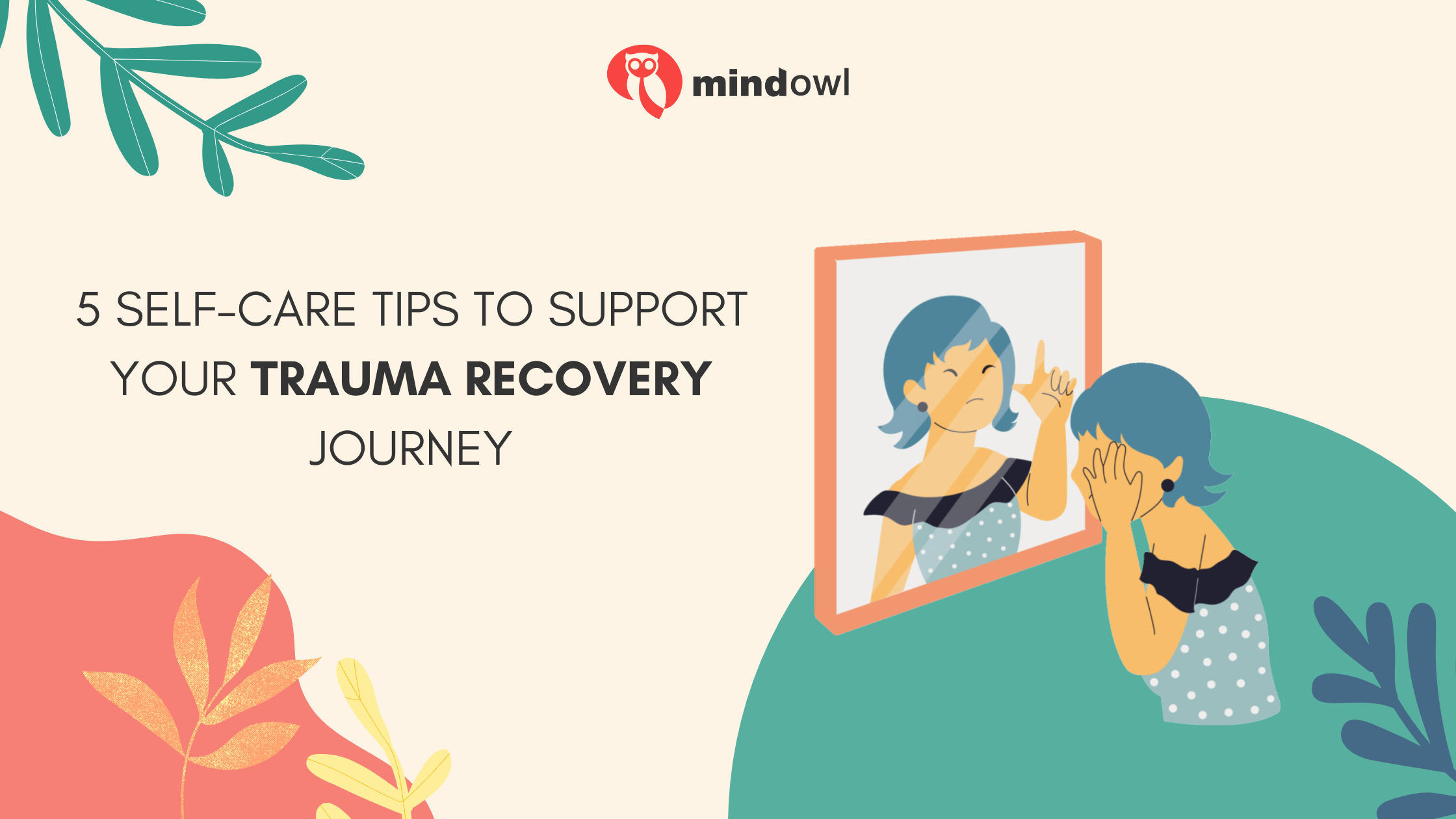Abuse is an extremely sensitive topic. According to the Crime Survey for England and Wales, it’s estimated that 5.0% of adults (6.9% women and 3.0% men) aged 16 and over experienced domestic abuse in the year ending March 2022. Understanding how you can heal psychological scars is an important part of the recovery process. Even small steps and self-care habits can help you heal from a recent or past trauma.
Effect of trauma in body
People are often unprepared for the aftermath of trauma. Your body can experience physiological and biochemical impacts, such as changes in your nervous system and rushes of adrenaline. You can experience mood swings, anxiety and a complete knock to your confidence. These effects can be long-lasting and particularly when your trauma is linked to abuse. Everybody is on their own journey and while some people may feel ready to embark on new self-care methods, others may not be there yet and that’s ok.
Seek help
Emotional support is a key part of your recovery. While friends and family can provide comfort, sometimes it can be beneficial to speak with a professional who’s an outsider to your situation.
It’s important to seek legal help too if your situation requires this. Some people may choose to make an abuse claim, for instance. Having a team of legal professionals to support you will take a large weight off your shoulders. Experiencing trauma is hugely stressful, so leaning in on any support available will benefit your recovery process.
Trauma-informed meditation
Many people who have suffered from trauma turn to meditation as a way of reconnecting with their mind and body. It’s a method of self-healing, giving you the time to love and respect your body.
To get the most out of the experience, it’s recommended that you focus on maintaining distance between thoughts and your sense of self. Meditation is also said to benefit the prefrontal cortex and hippocampus area of the brain while reducing overactivity in the amygdala – these areas can become compromised by trauma.
Exercise
Exercise is a great thing to integrate into your routine regardless, but if you’ve suffered from past trauma, the benefits can be very profound. You might choose a specific type of trauma-informed yoga, or something with more active movement, like kickboxing or dance.
This can help you release endorphins and other hormones that can boost your mood. Trauma Release Exercises (TRE) can also be used to encourage natural vibrations to pass through your body and release energy.
Positive affirmations
Studies show that many survivors of childhood trauma in particular often grow up believing they are undeserving of happiness. A large part of the recovery journey involves refocusing your mindset and inner voice, which often requires ongoing work.
Many find that journalling helps them to focus on positive affirmations each day. Others might try to seek happiness by cooking a delicious meal or embarking on a hobby that fills them with joy.
Get creative
You may have heard of art therapy as a coping mechanism for certain mental health conditions or people with disabilities, however, many use it to help them in their trauma recovery process.
Art therapy is simply an expressive form of therapy that taps into a creative process to improve someone’s well-being. Being creative helps you to express yourself, without having to find the words to do so and can be a brilliant medium of reconnecting with yourself.
MindOwl Founder – My own struggles in life have led me to this path of understanding the human condition. I graduated with a bachelor’s degree in philosophy before completing a master’s degree in psychology at Regent’s University London. I then completed a postgraduate diploma in philosophical counselling before being trained in ACT (Acceptance and commitment therapy).
I’ve spent the last eight years studying the encounter of meditative practices with modern psychology.

